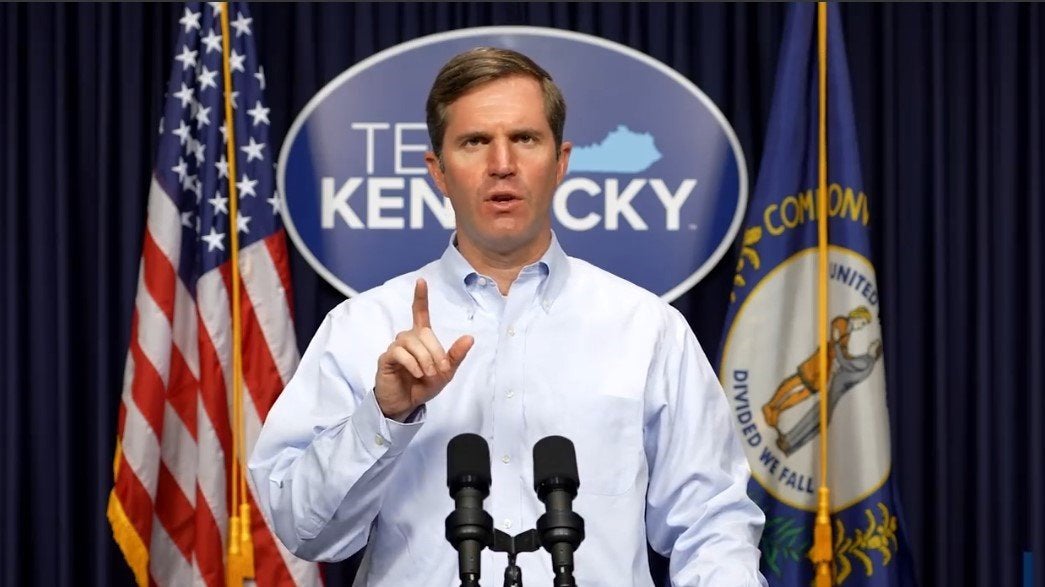Post-election, we need to remember our ‘better angels’
Published 12:10 pm Thursday, November 17, 2016
“We are not enemies, but friends. We must not be enemies. Though passion may have strained, it must not break our bonds of affection. The mystic chords of memory, stretching from every battlefield and patriot grave to every living heart and hearthstone all over this broad land, will yet swell the chorus of the Union, when again touched, as surely they will be, by the better angels of our nature.”
— Abraham Lincoln
In the days following Donald Trump’s victory in the general election, I’ve seen quite a few news stories coming out about horrible discriminatory acts being committed by Trump supporters high on their win.
Women have been told their “time is up;” hispanic students have been bullied and chanted at to leave the country; minorities have been verbally attacked with racist slurs by strangers; there are multiple reports of physical assaults and at least one death being attributed to or blamed on pro-Trumpers.
These are terrible examples of hate and vindictiveness that do not flow from the “better angels of our nature” that Abraham Lincoln spoke of. But what concerned me almost as much were the larger narratives being pushed by some authors — that Trump supporters as a whole are reflected in these anecdotal moments of horror.
It’s undeniable that certain fringe elements of our society embraced Donald Trump as their candidate for president. But Donald Trump didn’t win almost 60 million votes from Ku Klux Klansmen and neo-Nazis — there just aren’t that many of those people in our country right now. It should be concerning that proudly overt racists want to influence Trump’s presidency and use it to push their agendas. But Americans shouldn’t sink to the same levels of fear-mongering that those same groups use.
Based on how Kentucky voted in the general election, you probably voted for Trump. Even if you didn’t, you surely know plenty of people who did. Put aside the scary stories and think about the people who live down your street — do you really think those people you know want to turn minorities and women into second-class citizens?
The people of Boyle County and the Bluegrass are largely kind and polite people who care about their neighbors and want to see their communities do well. They’re definitely not a group of voters who should be lumped in with the white pride movement or anti-semitic nut jobs.
This isn’t to say that stories of discrimination and hate crimes should be dismissed — they absolutely should not. But everyone seems far too obsessed with getting stories to go “viral” these days, so the worst of the worst gets broadcast nationwide. Those stories of hate are filling the news vacuum left by the end of the presidential race and making it seem like hatred has already overrun common decency everywhere. It hasn’t.
Many Trump supporters are still doing just what they always have — they’re giving to charity, they’re being friendly to everyone around them, they’re working to help homeless and poor people in their communities. The American population did not transform into something different after Election Day. There were just as many good-natured people and just as many fascists and racists in America on Nov. 9 as there were on Nov. 7.
We forget too often that single issues do not completely define a person. Regardless of how you feel about the election, there are many other aspects about you that aren’t tied to Hillary Clinton or Donald Trump.
If anti-Trumpers over-simplify the motivations of Trump supporters and characterize them as a monolith of morally bankrupt racists, they are engaging in the same behavior as the hate groups they criticize.
Similarly, Trump supporters shouldn’t be vilifying all non-Trumpers by cherry-picking protests gone bad. Trump supporters would definitely have been reacting in a similar way if they had lost, so they ought to understand where protestors are coming from. And Trump supporters also ought to be just as quick as everyone else to criticize the hateful acts coming from within their own ranks.
Instead of all these efforts to paint the other side as evil, we ought to be acknowledging the good in each other, even if we can’t see any good in each other’s presidential preferences. There’s still plenty of common ground out there, but it can only be reached if we agree to disagree, at least for now, on presidential politics, and listen instead to the words of Abraham Lincoln.





